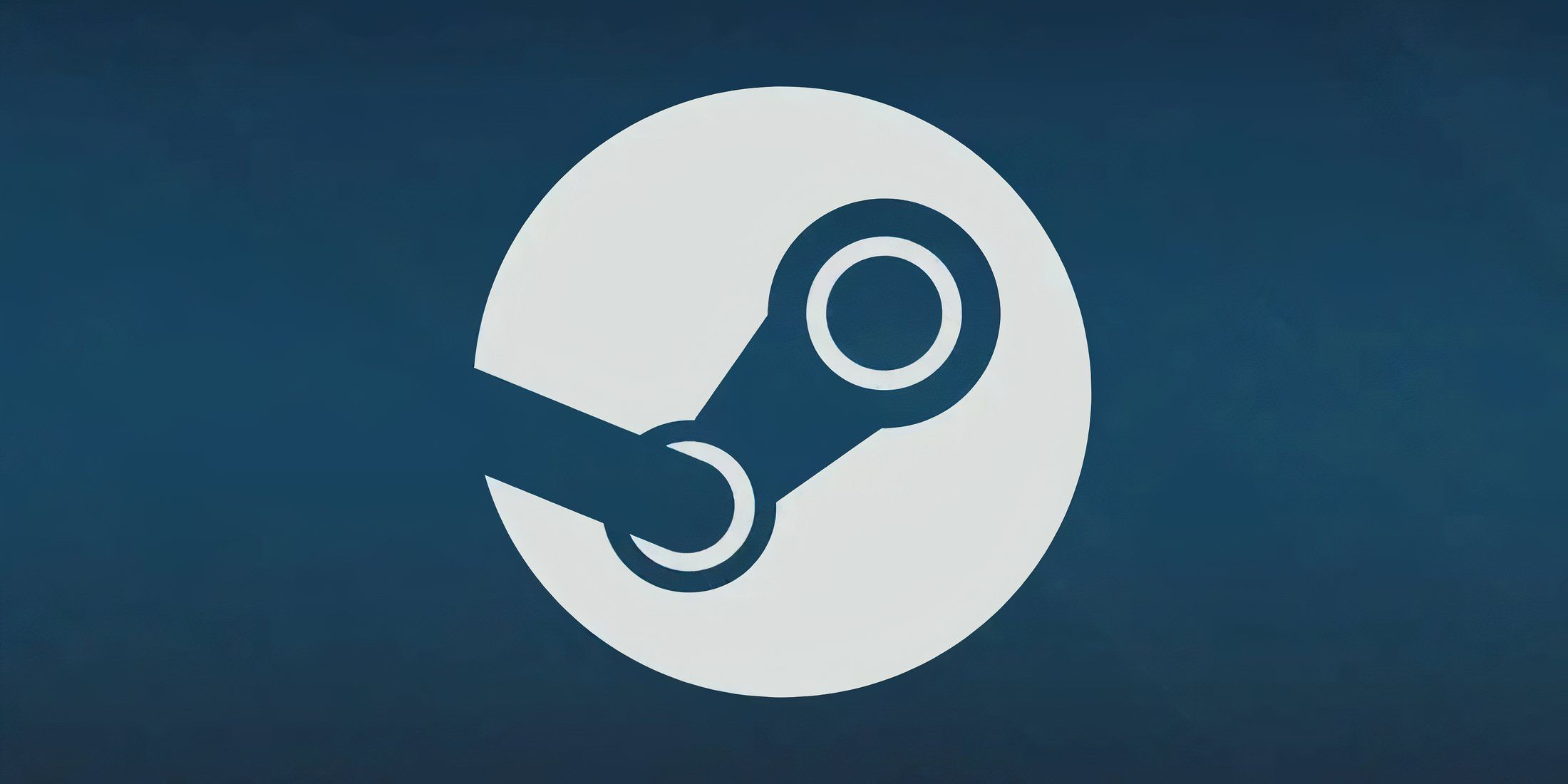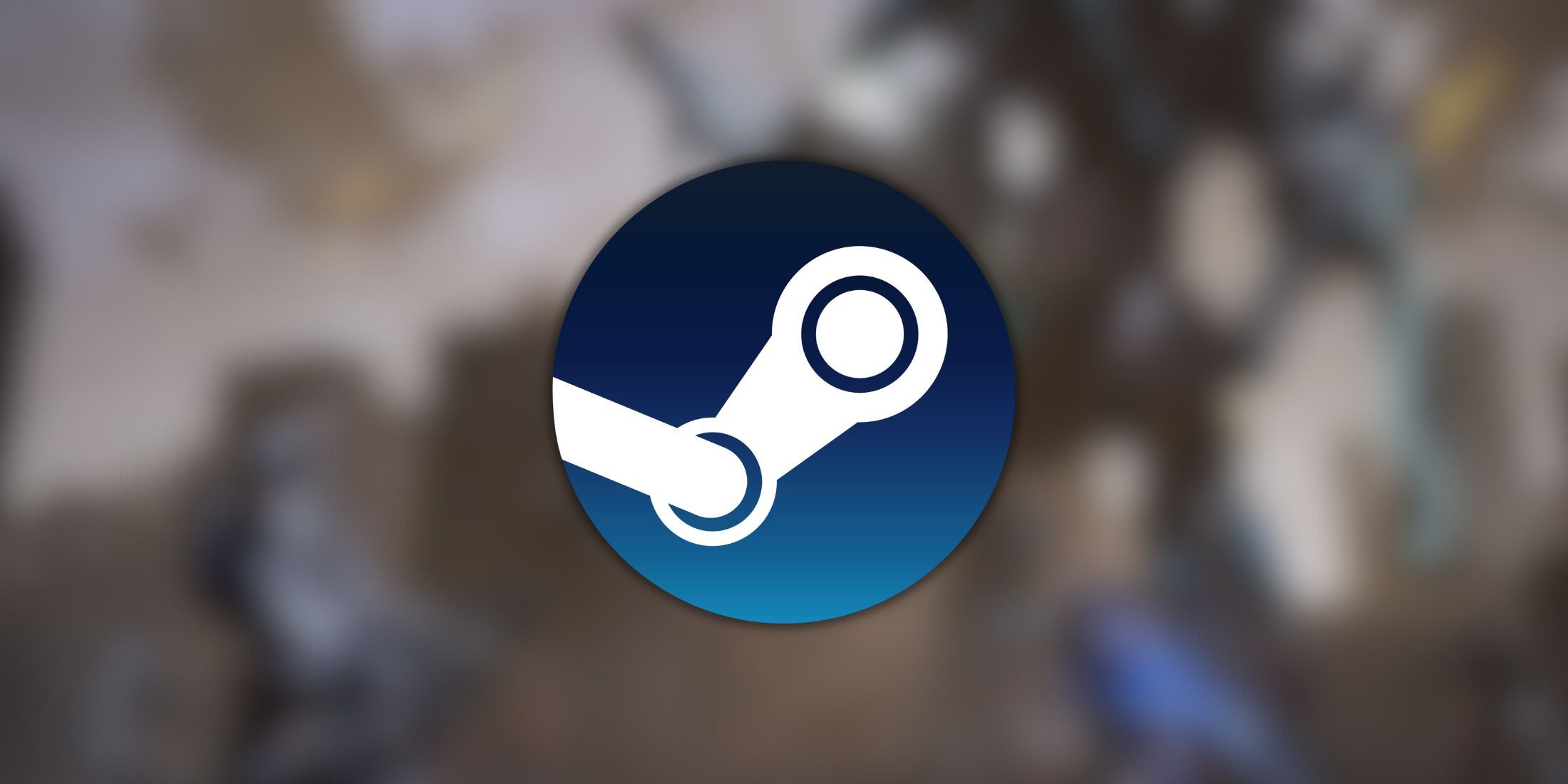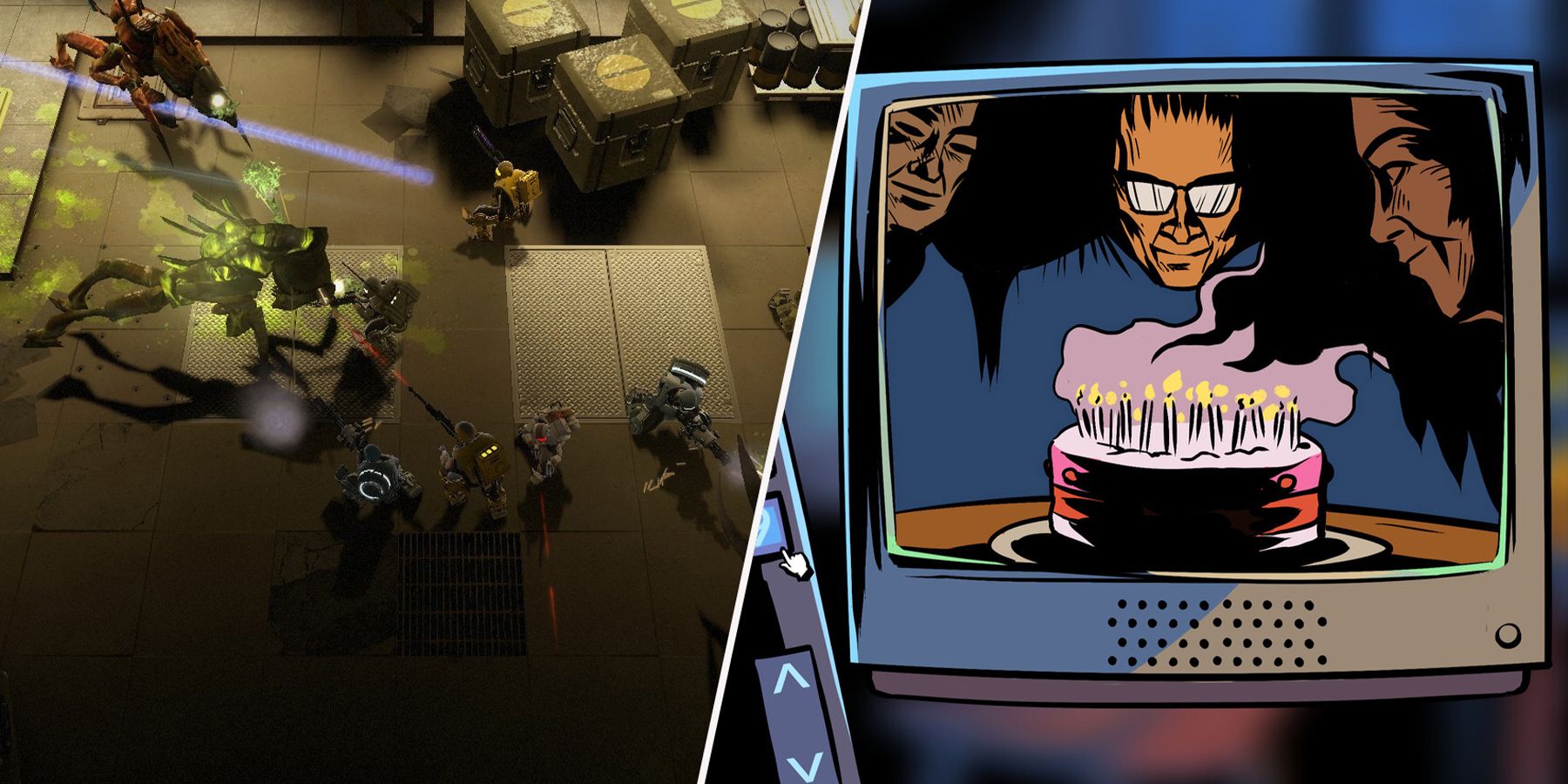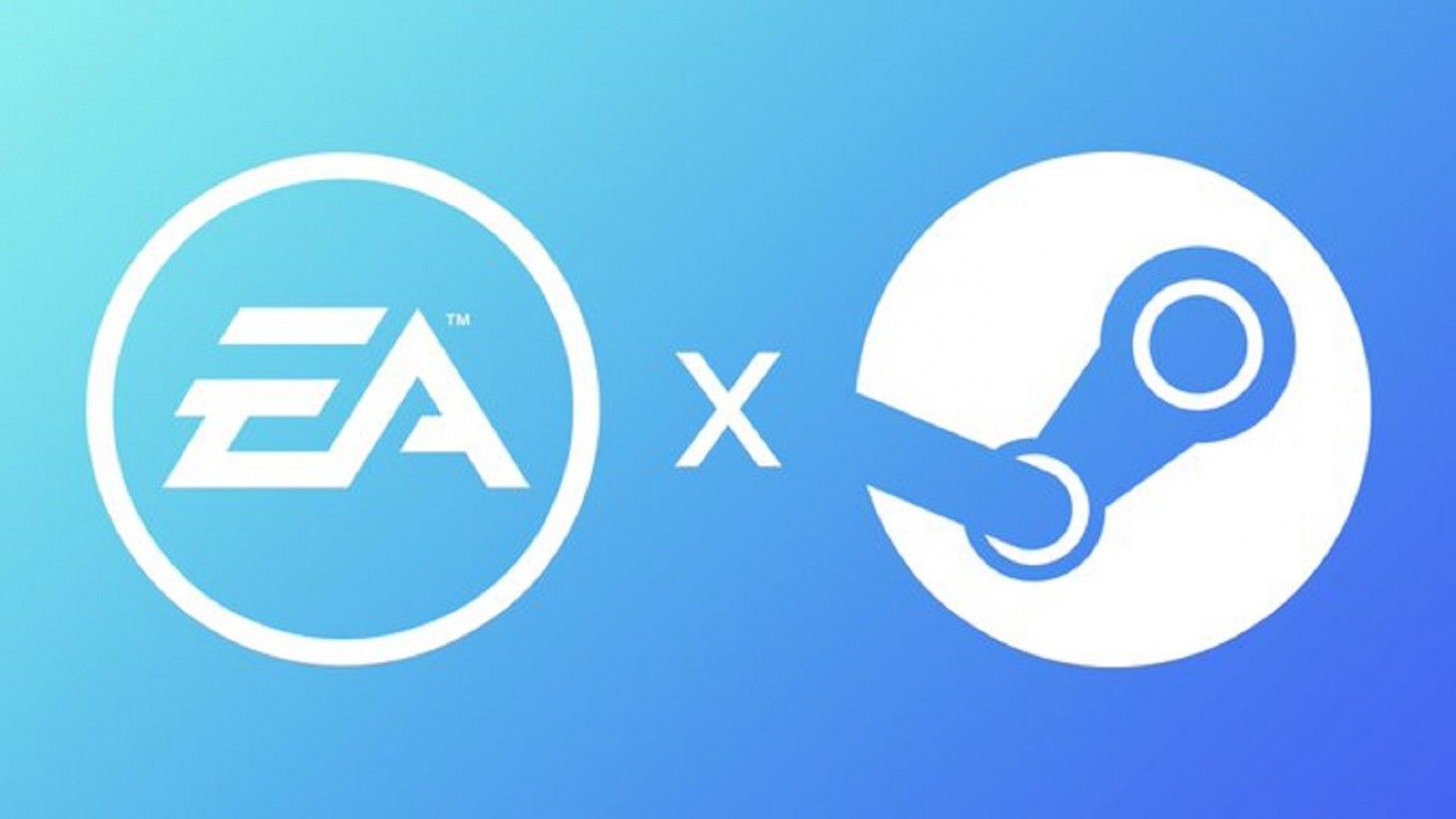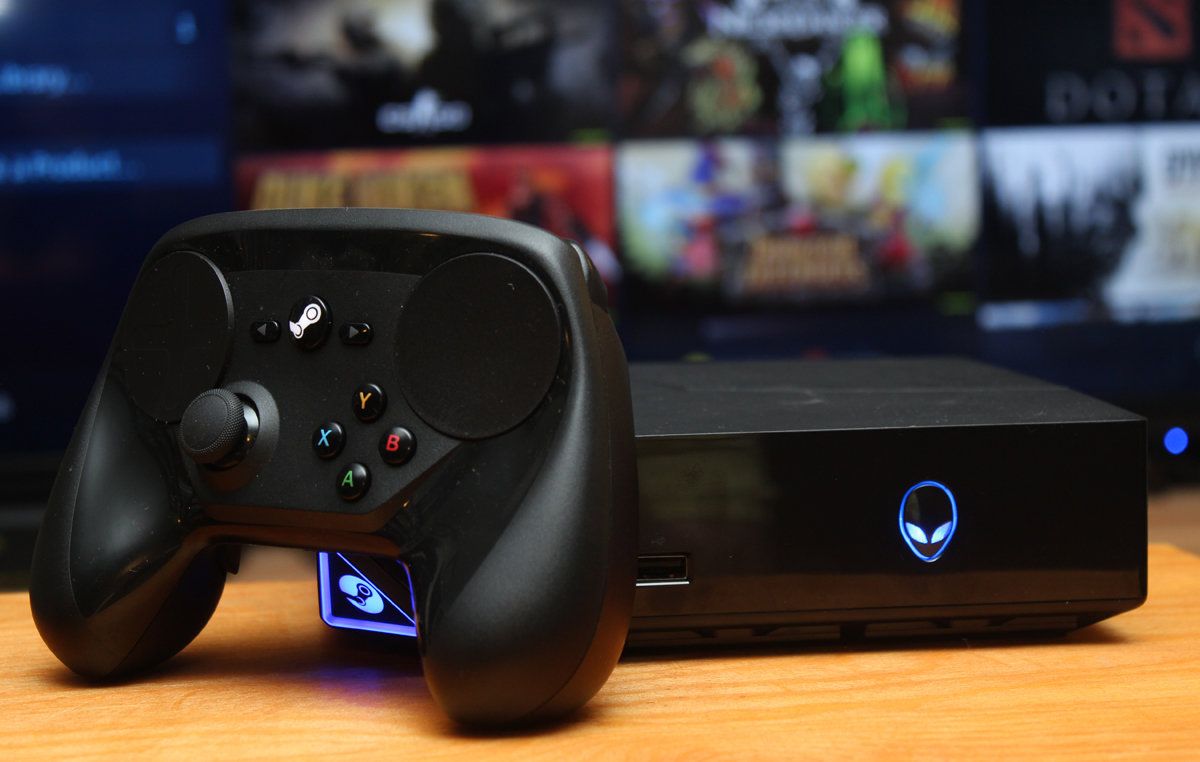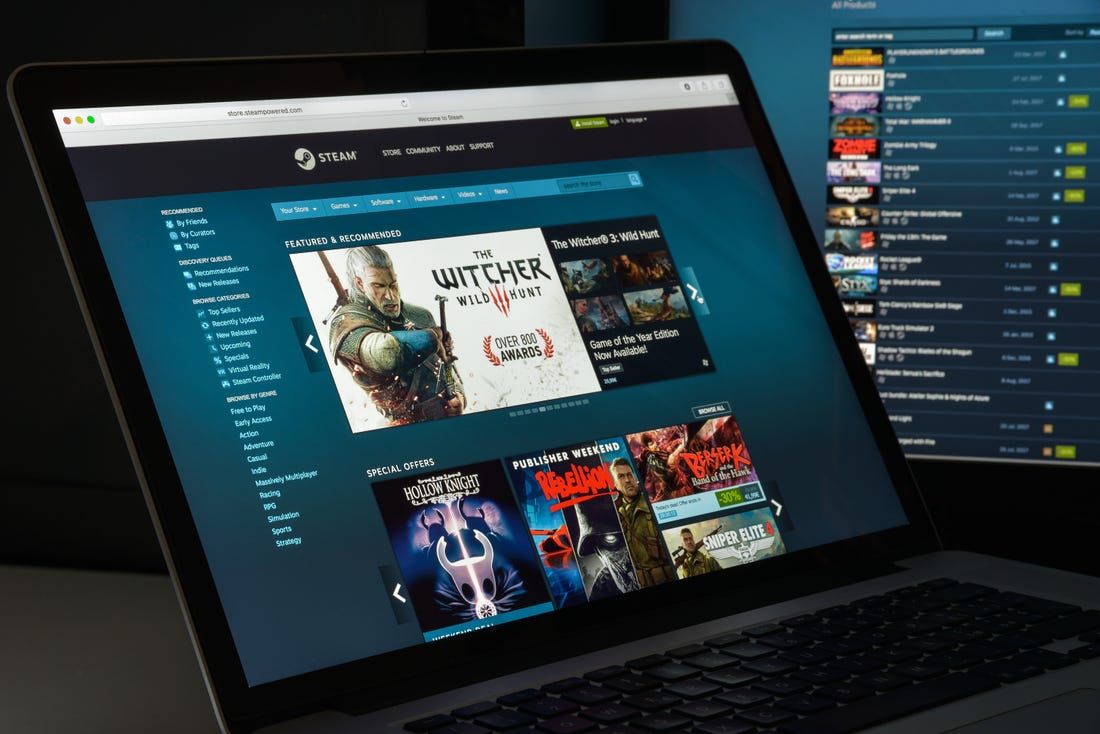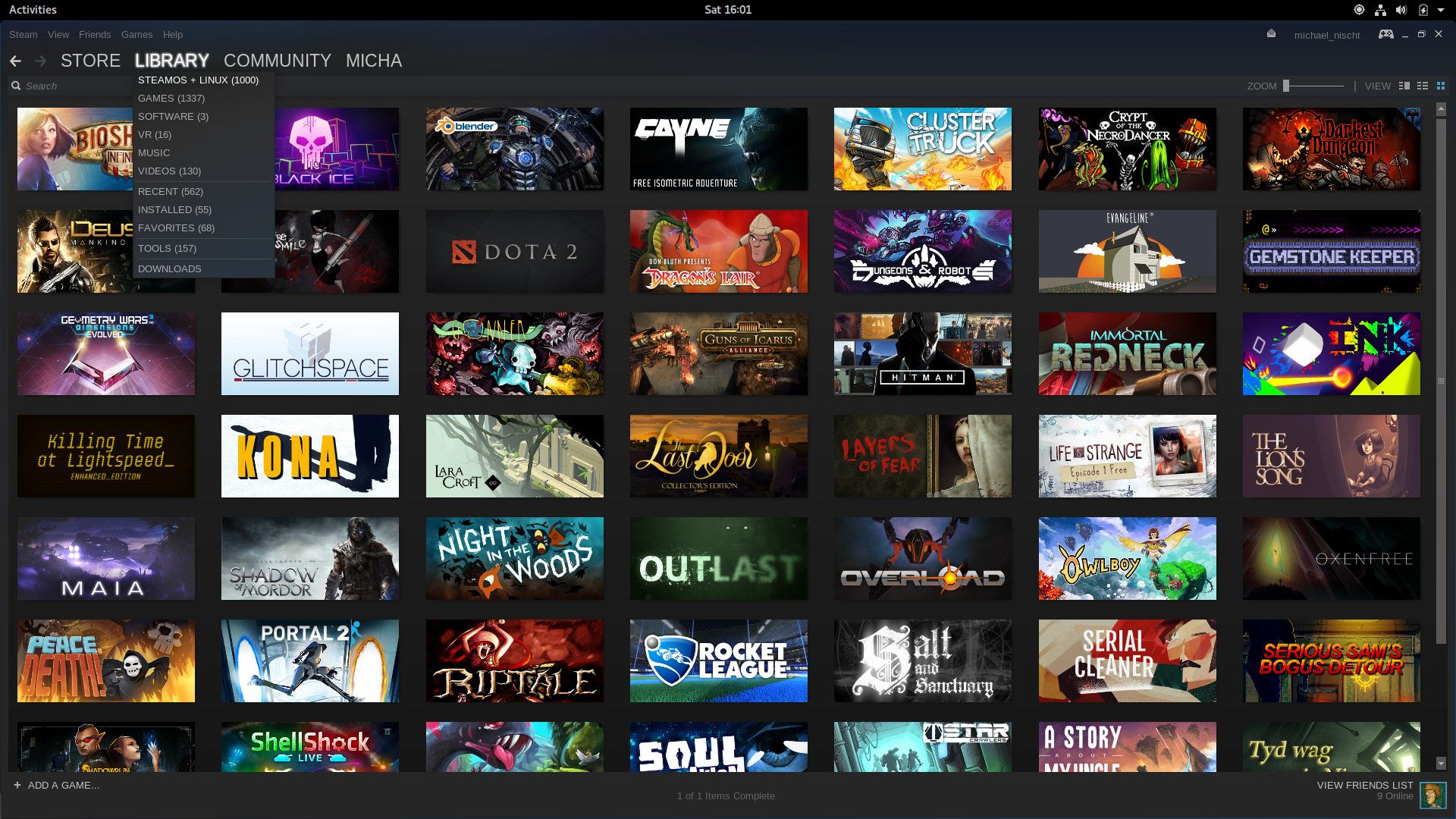From its humble origins as little more than a launcher for Half-Life 2 to its titanic domination of the PC gaming market, Valve's Steam has come a long way over the past sixteen years. Most of the innovation which brought it such fame, however, came over the last decade.
Valve has done a lot to ensure Steam remains the go-to platform for PC gamers, and they've had a profound impact on the industry. Yet, Valve has also made more than its fair share of mistakes—Steam Greenlight, anyone? With the 2010s officially behind us, let's take a look at the best and worst things to happen to Steam over the past ten years.
10 Best: EA Partnership
Electronic Arts, in the minds of many gamers, is the worst of the worst when it comes to game publication. They've treated the entire gaming community pretty poorly over the past decade, but PC players have had it particularly rough. They've held most of their first-party titles to their proprietary Origin launcher, which very few actively want to use.
That's until an October 2019 announcement that EA would once again partner with Valve to bring their products to the Half-Life developer's platform. It's a major win for consumers, and, while it may not seem like a huge deal initially, it'll be fantastic for those tired of needing a dozen different DRM services downloaded on their PCs.
9 Worst: Steam Peripherals
Valve may own the most profitable digital gaming marketplace out there, but their business is best kept to non-physical media. When the developer tried to branch out to gaming hardware in 2015 via the Steam Machine initiative, it was met with a ton of skepticism.
Essentially branding a bunch of third-party pre-built gaming rigs as "Steam Hardware" and selling them at a not-insignificant markup, this was a weird attempt to console-ize the PC space and bring computer gaming into the living room. Needless to say, it didn't go over that well, and Valve totally failed to challenge the already well-established likes of Sony, Microsoft, and Nintendo on that front.
8 Best: Remote Play Together
Another recent addition to the Steam service, Remote Play Together allows players to stream local-only titles, thus removing the need for two players to be in the same room when teaming up or challenging each other in games like The Binding of Isaac: Rebirth of Battleblock Theater.
It may seem like a negligible update, but it could help to invigorate a traditional niche gaming space. Local-only multiplayer titles are few and far between on PC, owing to the fact that, in years past, computer setups often only accommodated one person. With this restriction removed, it'll be interesting to see what developers come up with in the future.
7 Worst: Steam Greenlight/Early Access
Steam may boast an impressive game quantity, but their Steam Greenlight and Early Access initiatives made it so that lowbrow developers could flood the service's virtual shelves with unfinished, shoddy shovelware with little to no fear of blowback.
Some have praised Valve's laissez-faire attitude in the past, but the fact remains that their inability to policy their own storefront has resulted in a bloated minefield of questionable titles. Things have improved in recent years, and Steam's restrictions on Early Access have made careless development far less profitable, but the damage has already been done, and many users are still begging for yet another change to Valve's policies.
6 Best: Refunds
The internet may offer consumers adequate means to research a product before buying, but the only real way to know if you'll like a game or not is to play it. Unfortunately, with demos having gone the way of the dodo quite a while ago, it can be hard to get a feel for a game's quality.
To alleviate these issues, Valve implemented a refund system that allows players to refund a title if they've played less than two hours of it and purchased it within the last two weeks. It's by no means a perfect system, but it's helpful for those prone to poor gaming decisions.
5 Worst: Developer Revenue Split
Steam may be the Internet's largest purveyor of digital video games, but that doesn't necessarily mean it's the friendliest—especially when it comes to game developers. In years past, Valve took a thirty-percent revenue cut of all games sold on their platform. Though they've since amended those terms after facing some backlash, it's still an unfavorable situation for some developers.
The Epic Games Store, the controversial new competitor to Steam's stranglehold on the market, offers a much better revenue split, taking just twelve percent of a title's earnings. Epic may have earned the ire of PC players for other reasons, but, on that front, they've definitely managed to challenge Valve.
4 Best: Virtual Reality
Due mostly to prohibitive hardware and peripheral costs and a relative lack of compelling titles, virtual reality has yet to enter the gaming mainstream. However, Valve has done quite a bit to ensure that VR gaming has a chance to break into the spotlight.
Introduced in 2016, Valve's The Lab VR demo and subsequent Steam virtual reality interface made gaming in VR a whole lot more accessible for PC players. They also launched their own VR headset, Valve Index, in 2019, and the upcoming VR-exclusive title Half-Life: Alyx could take the virtual reality world by storm when it launches in the coming months.
3 Worst: PC Gaming Monopoly
When Steam first launched in 2003, digital-only gaming was a novelty, and it could by no means outmatch the revenue of physical game sales on the platform. The 2010s, however, would see physical media fall out of favor completely, allowing Steam to more or less take over.
Having all of your digital games in one place may be convenient, but Steam has grown into something of a monopoly, as few publishers have the resources to contest their grip on digital distribution. Valve could be far more tyrannical with their rule, but, at the end of the day, a monopoly can only hurt consumers.
2 Best: Steam Sales
Hands down the most beneficial thing to happen to Steam in the last ten years has been their increased emphasis on sales. The platform is notorious for frequently offering major discounts, and they've ensured that patient gamers will never have to break the bank to get their hands on a particular game.
Though their flagship summer and winter sales have been somewhat disappointing as of late, they've still made sales events something for which to mark your calendar. They may not give away freebies nearly as often as Epic, but they've still made it possible to build a commendable game library for mere pennies.
1 Worst: Lack of Quality Control
This goes hand-in-hand with the issues surrounding Steam's approach to Early Access titles, but there's a notable lack of quality control present on Valve's service. Recent changes have made it so that most of the unwanted dreck isn't promoted, but the fact that its there at all since irks some users.
Steam may boast an impressive 30,000 games as of January 2020, but that statistic feels a bit hollow given how many of those titles are likely unplayable garbage. "Buyer beware" has been Steam's unofficial slogan for some time now, and it's long been time for Valve to step up and amend the issue.

